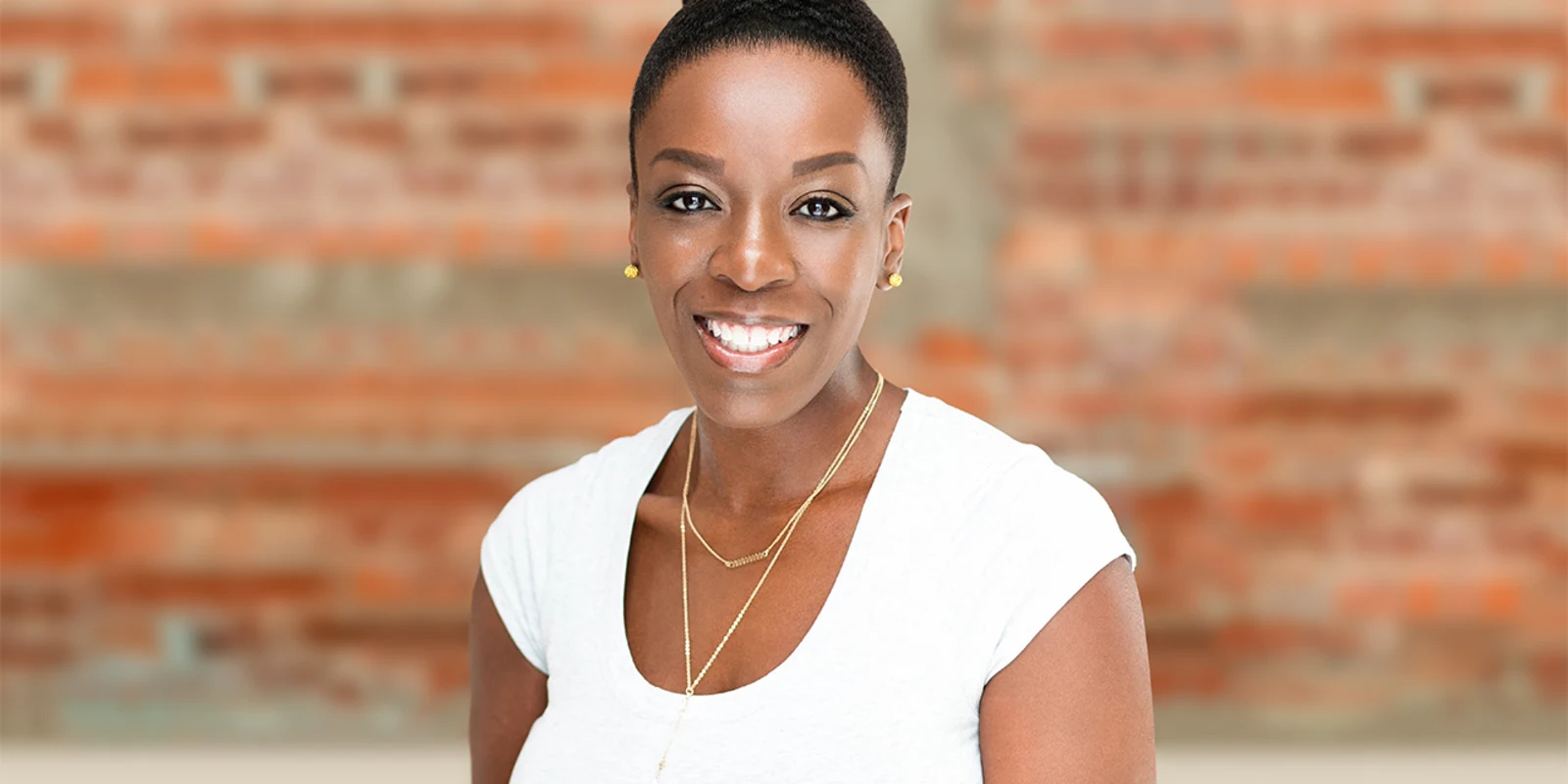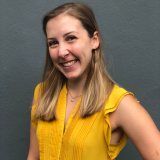 Dr. Emelia Sam, oral surgeon, says that clinicians are clinically competent, but aren’t competent in compassion.
Dr. Emelia Sam, oral surgeon, says that clinicians are clinically competent, but aren’t competent in compassion.
What does she mean by that? It’s all in the way medical professionals are trained.
“It’s all about clinical competency. It's all about learning subject matter. It's all about diagnosis and treatment and taking the right test and making sure you have a particular level of clinical competency, but we don't necessarily emphasize the clinician patient interaction,” Dr. Sam says. “And that's so important because it impacts the patient as far as their future health outcomes. But it also impacts the practitioner. And I think that's the piece that we've missed.”
Compassion is a skill just like all clinical information or procedure, says Dr. Sam. It can be learned and honed.
“It’s usually a trait that we think of somebody having it or not, but it actually can be cultivated,” says Dr. Sam. “What I did with the word compassion is turn it into a mnemonic, and each of those letters stands for a way we can actually cultivate compassion.”
As an example, the C stands for Communication.
“A lot of times we discuss communication in the context where we are trying to appeal to patients so that they can follow our suggestions and have better health outcomes. But what we’re finding is the way in which we converse with the patient also affects us,” says Dr. Sam.
She points to work by Professor Marissa King where doctors who had the highest interactions were the most dissatisfied with their jobs and at a higher risk for turnover. King also found that by increasing the depth and quality of the interactions, which gave the patients a better sense of wellbeing, also gave the practitioners an increased sense of wellbeing, guarding against burnout.
Dr. Sam’s best tip on improving the compassion muscle: Pause.
“It’s a practice anybody can implement into their day, whether it's one minute or five minutes. You can do it between patients or on the hour. You just have to find a rhythm that works for you. But it's kind of stepping away from the busyness of it all, the pressures of it all and being able to just kind of turn inward and regain your sense of composure,” recommends Dr. Sam. “I really believe that's the space in which compassion and empathy live.”
When Burnout Breeds Compassion
Dr. Sam wasn’t always this in tune with compassionate competency. She has her own burnout story, and it was after she was given some advice -- advice that she now gives out -- that she turned it around.
“The best advice is just to recognize the humanity of it all. Your patient is not a case, is not a diagnosis. We have a way of dehumanizing the people with which we’re interacting,” Dr. Sam says. “It’s also seeing yourself as a human being, because a lot of the time because of the way we are trained and how rigorous residency and other training can be, we try to put ourselves at the bottom of the list. We’re kind of trained to think that we don’t matter, we just need to get the job done.”
If you’re a clinician who feels like this, Dr. Sam says you need to recognize your limits and step back. Pause, as she recommends.
You’re still a human before you’re a doctor, she says.
“You’re not just this title. There are so many dimensions to who you are,” she says. “When we interact with other people, one of the first questions out of their mouth is ‘What do you do?’ like that defines who you are. It’s a really dysfunctional habit.”
Commit on a Human Level
Dr. Sam was told by a patient that she was acting like a human before she was acting like a doctor, and that was the catalyst to finish her book, Compassionate Competency: Healing the Heart of Healthcare.
“We had to do a surgical procedure on him, and right after the procedure, he kept saying he was so appreciative to the students and myself. And he kept saying to me, ‘You’re a human being before you are a doctor.’ That was his way of saying that he was just grateful that I could commit to him on a human level and treat him with respect,” Dr. Sam remembers.
Dr. Sam’s goal is to have every patient interaction be that full of gratitude for the patient and clinician.
“I like to say that I think a lot of times we provide service, but our patients may feel serviced but not necessarily cared for,” Dr. Sam says. “All I want to do is put the care back in health care. It's not a transactional system, it's another space where our humanity can be expressed on all levels.”







